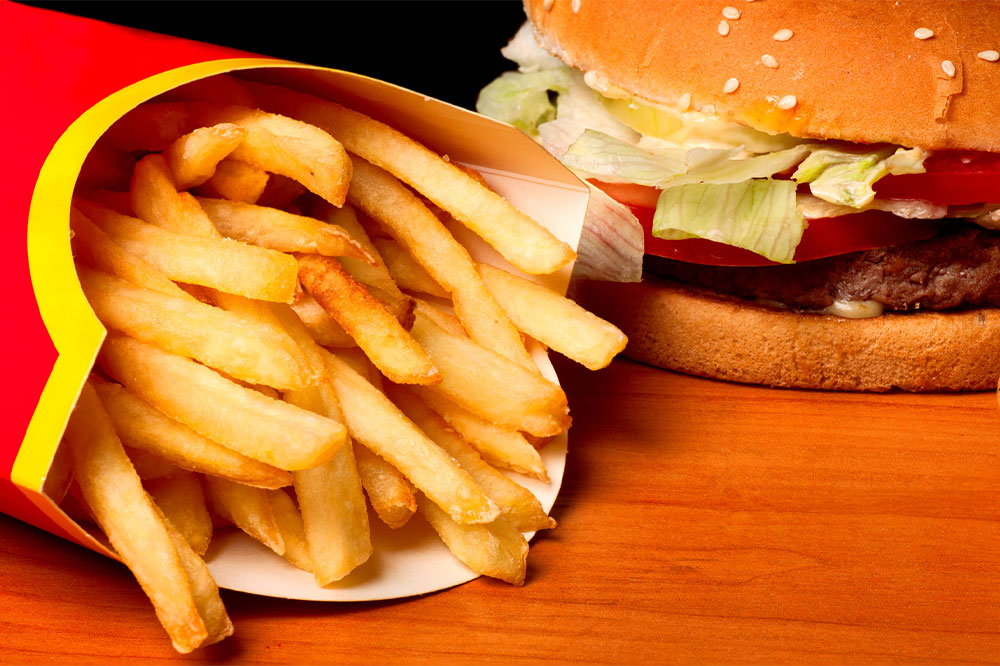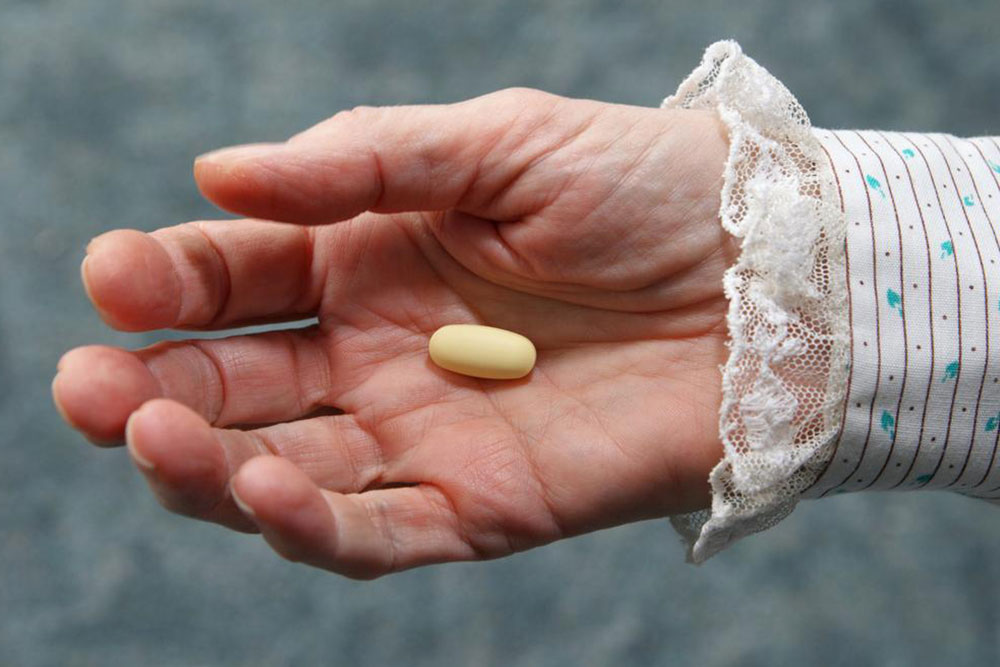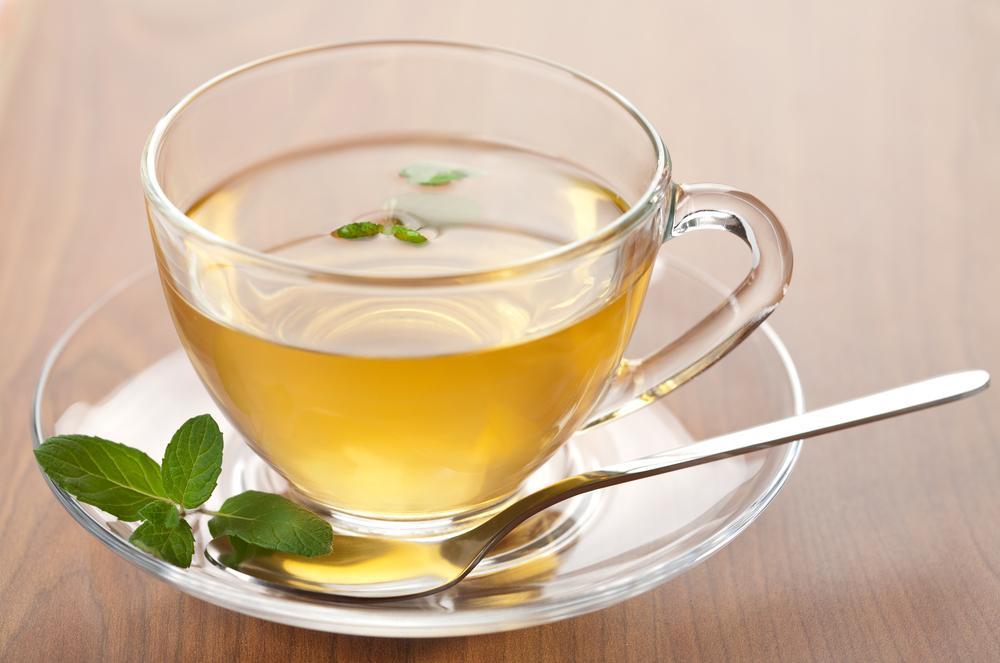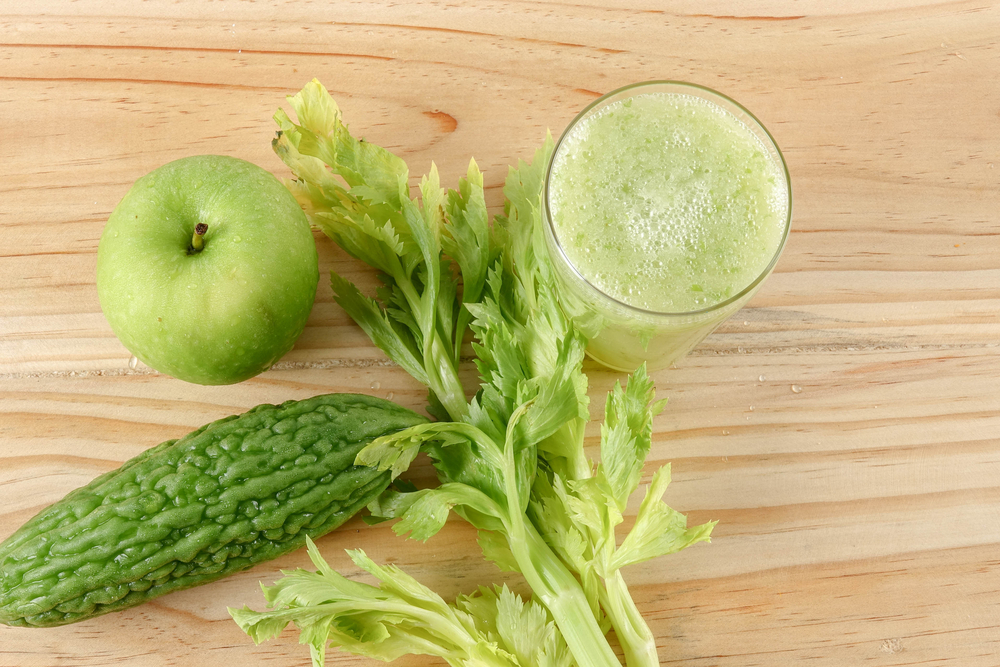Comprehensive Dietary Approaches to Effectively Manage Gout Pain and Prevent Flare-Ups
This comprehensive guide covers effective dietary strategies for managing gout pain, emphasizing nutrient-rich foods, meal planning, and lifestyle modifications. Proper nutrition, hydration, weight management, and avoiding trigger foods can significantly reduce flare-ups, improve joint health, and enhance quality of life for gout sufferers. The article provides practical tips, sample meal ideas, and highlights foods to avoid, helping individuals take control of their condition through informed dietary choices and healthy habits.
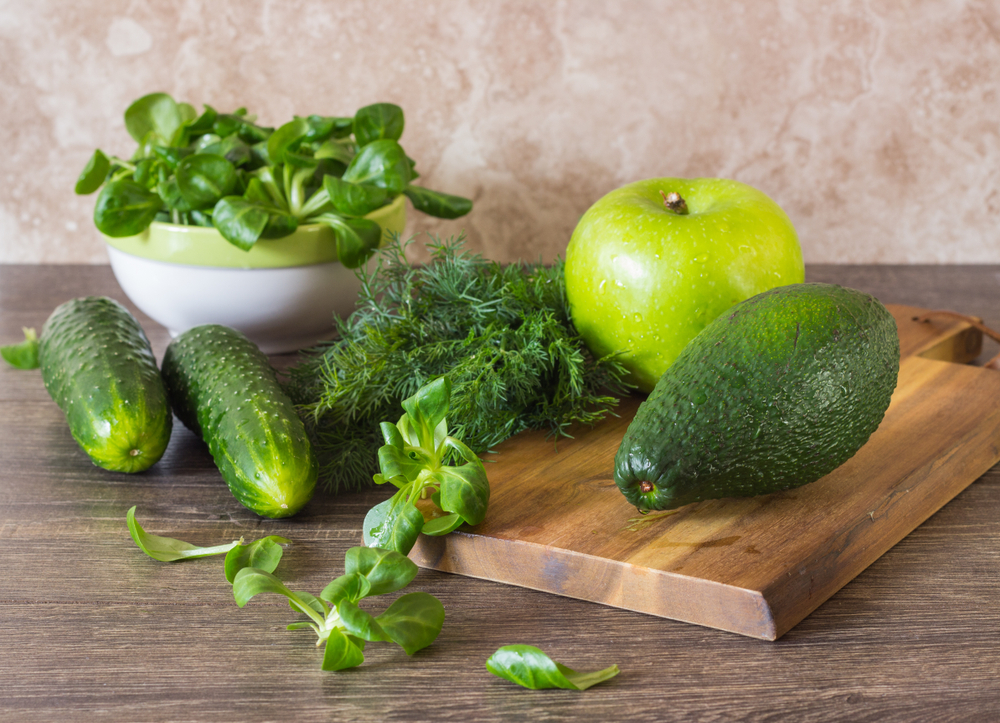
Comprehensive Dietary Approaches to Effectively Manage Gout Pain and Prevent Flare-Ups
Expert nutritional guidance to alleviate gout discomfort and promote joint health
Gout is a common and painful form of inflammatory arthritis that predominantly affects the joints, causing intense pain, swelling, and redness. The underlying cause of gout is the accumulation of excess uric acid in the bloodstream, leading to the formation of sharp urate crystals that deposit in the joints. These crystals trigger sudden and severe inflammation, making movement painful and reducing quality of life. Uric acid originates from purines—natural compounds found in various foods—and is also produced internally by the body. When uric acid production surpasses the body's ability to eliminate it through the kidneys, it begins to crystallize, resulting in gout attacks. Proper dietary management plays a crucial role in controlling uric acid levels, minimizing flare-ups, and maintaining overall joint health.
Adhering to a carefully planned diet offers multiple benefits for individuals suffering from gout. It not only helps regulate uric acid levels but also promotes weight management, which is vital because excess body weight can exacerbate gout symptoms. A balanced diet offers the necessary nutrients to support overall health while reducing the intake of foods that promote uric acid buildup. Additionally, maintaining proper hydration is essential, as fluids assist in flushing uric acid from the body. Exercise, combined with mindful eating, can further enhance gout management efforts. Understanding which foods to include and which to avoid makes a significant difference in managing this chronic condition effectively.
Implementing a gout-friendly meal plan can be both delicious and nutritionally complete. Here is an example of a daily meal plan that emphasizes foods to promote joint health and prevent gout attacks:
Breakfast:
Start your day with a glass of warm water to hydrate and stimulate digestion
Opt for low-fat milk paired with unsweetened whole-grain cereals, providing fiber and essential nutrients
Include fresh fruits rich in Vitamin C, such as oranges, strawberries, or kiwis, to potentially reduce uric acid levels
Lunch:
Eat a colorful salad featuring broccoli, beets, and cabbage, all known for their anti-inflammatory properties
Choose grilled chicken strips as a lean protein source
Incorporate chickpeas in a whole-wheat wrap to add fiber and plant-based protein
Dinner:
Include canned tuna or salmon, rich in omega-3 fatty acids that can help reduce joint inflammation
Prepare a feta cheese salad with mixed greens and vegetables for added flavor and nutrients
Enjoy scrambled egg tacos with whole-grain tortillas, complemented by herbs and vegetables
End with a cup of herbal tea, such as ginger or chamomile, to aid digestion and relax the body
Gout-friendly meals can be both tasty and diverse, enhancing compliance and satisfaction. Still, individuals should be aware that certain high-purine foods and lifestyle choices can precipitate gout attacks. Therefore, avoiding or limiting specific foods is essential for effective management.
Protect your health by limiting consumption of foods high in purines, such as red meats—including pork, lamb, and organ meats like liver and kidneys—which can significantly elevate uric acid levels. Moreover, reducing intake of sugary foods—candies, cakes, sweetened cereals, and beverages with added sugars—can prevent sudden spikes in uric acid and reduce inflammation. Artificial sweeteners should also be used sparingly, as some studies suggest they may influence uric acid production negatively.
Another critical lifestyle factor is alcohol consumption. Beverages like beer and spirits have been linked to increased gout risk because they interfere with uric acid elimination. Limiting or abstaining from alcohol can dramatically decrease the frequency of flare-ups. Alongside dietary modifications, maintaining a healthy weight, staying well-hydrated by drinking plenty of water, and engaging in regular, moderate exercise are key components of a comprehensive gout management plan. In some cases, medications or supplements prescribed by healthcare professionals may be necessary to control uric acid levels effectively. Always consult your doctor before making significant dietary or lifestyle changes.
